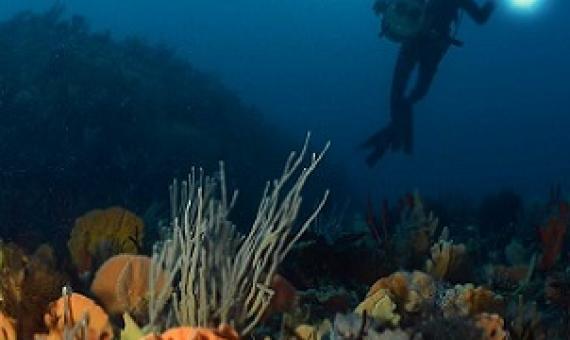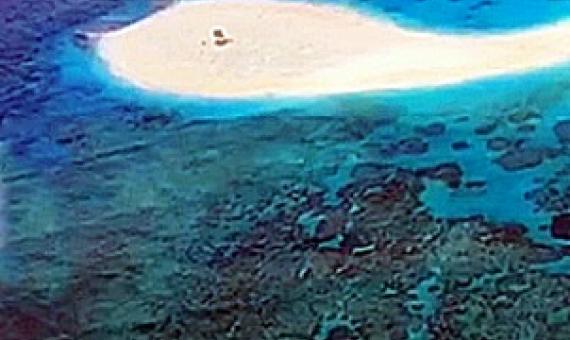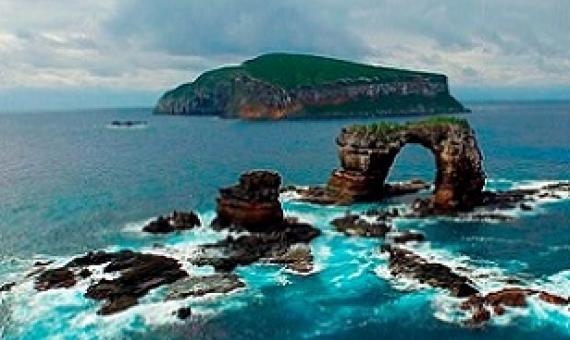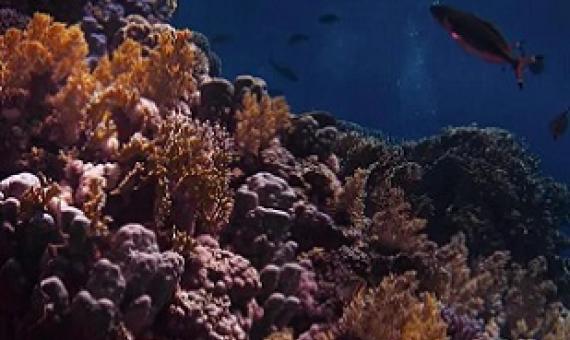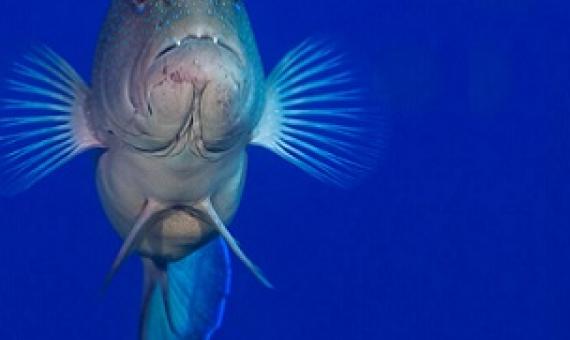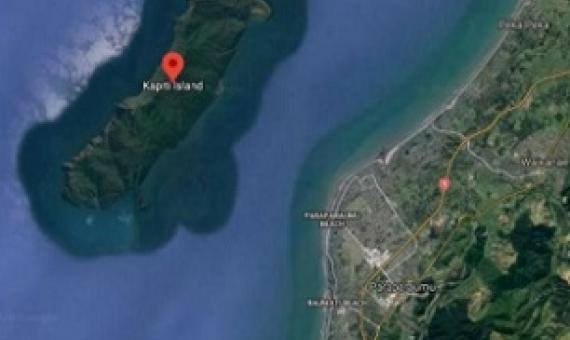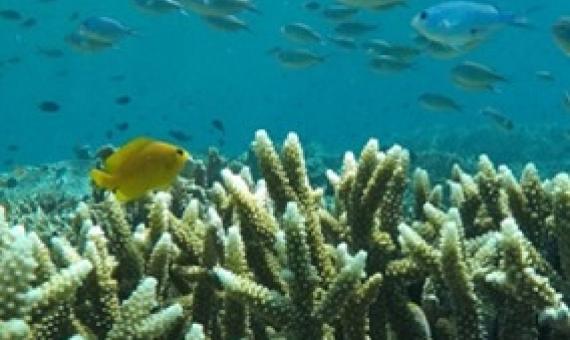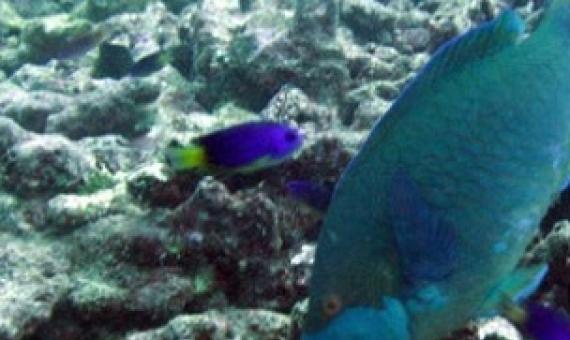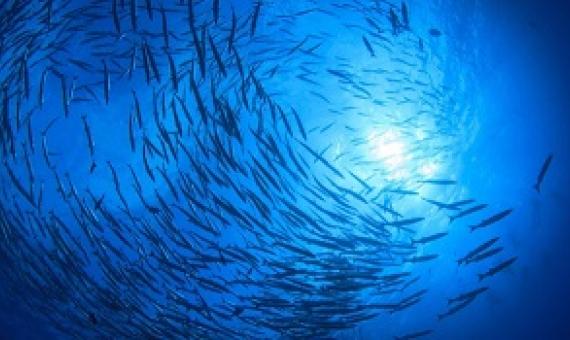Tasmania, already well behind national and international targets for protecting marine areas, has no plans to lift a moratorium on new reserves, says the State Government...Professor Graham Edgar, a marine ecologist with the University of Tasmania, has spent the past 40 years studying MPAs in Tas
Secluded from human interaction, the pristine Duff Reef or Cakau Galu in Mavana, Vanuabalavu in Lau has become a turtle sanctuary in Fiji. With its stunning natural aspects, the reef has now become a marine reserve – a protected home for turtles.
Turtle Island Restoration Network joined international organizations in urging Ecuador to expand the Galapagos Marine Reserve, one of the largest and most biologically diverse marine protected areas in the world. The letter states that over the past 20 years, the Galapagos Marin
Researchers have found “sea rainforests” in deep seas, most of them in the two-thirds of the ocean’s deep waters where no nation has jurisdiction. The 116 coral reefs live mostly between 200m and 1,200m in-depth, with some of them at 2 km underwater.
A connectivity portfolio effect stabilizes marine reserve performance
Well-managed and enforced no-take marine reserves generate important larval subsidies to neighboring habitats and thereby contribute to the long-term sustainability of fisheries. However, larval dispersal patterns are variable, which leads to temporal fluctuations in the contribution of a single reserve to the replenishment of local populations. Identifying management strategies that mitigate the uncertainty in larval supply will help ensure the stability of recruitment dynamics and minimize the volatility in fishery catches.
Scientists say a ‘portfolio’ of protected areas within marine parks such as the Great Barrier Reef can help secure sustainable fish populations.
A programme to install webcams on Kāpiti Island is being expanded in an effort to clamp down on illegal poachers. The first webcam was installed at the end of 2018 and another last year. The group behind them, Guardians of the Kāpiti Marine Reserve, say they are already having an impact.
A new global study has found that only 2.5 percent of tropical reefs are formally protected and conserved through laws and regulations.
Climate change and warming seas are transforming tropical coral reefs and undoing decades of knowledge about how to protect these delicate and vital ecosystems. Many of the world's coral reefs are seeing biodiversity plunge in the face of repeated coral bleaching events.
The proposed network includes six marine reserves, where marine life would be fully protected and fishing banned, five marine protected areas, which would impose a range of restrictions to fishing, and one kelp protection area and where commercial harvest of bladder kelp would be prohibited.
